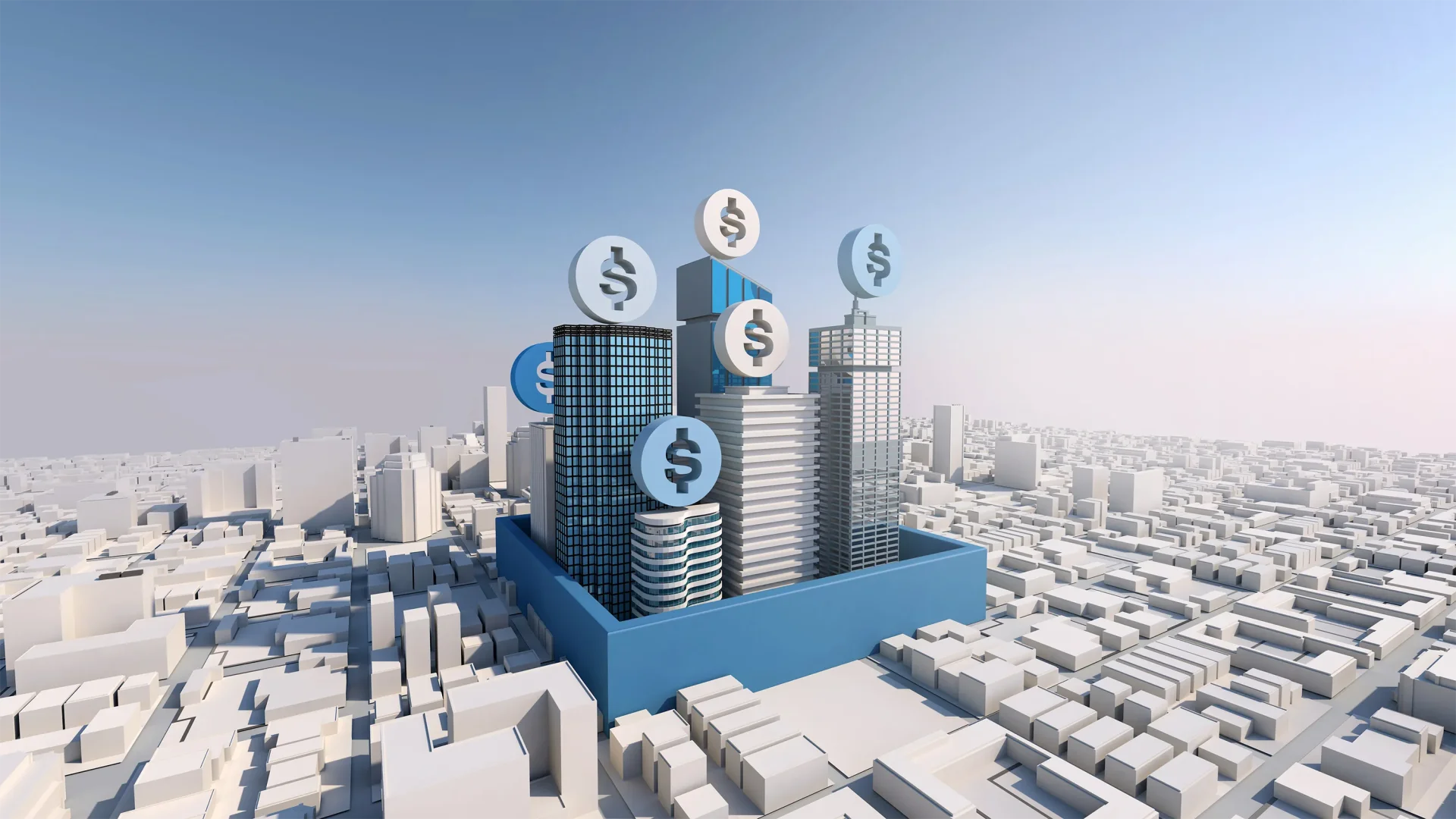Investing in a Condominium

Since Thai law does not permit foreign nationals to jointly or solely possess land ownership in the Kingdom, purchasing a condominium is an attractive legal alternative.
So, how can one recognize a profitable condominium investment?
By following these basic guidelines, we are confident that you will be better prepared to find the ideal condominium for investment:
1. The property's location comes first
it close to the following locations?
BTS, MRT, airport link, restaurants, shopping malls, convenience stores, and expressway entrances and exits.
Is it located on a dark, small, and/or narrow Soi (alley), or on major highways such as Sukhumvit, Ratchada, or Sathorn Road in Bangkok's central business districts – e.g., Siam, Chidlom, Ploenchit, Ratchadamri, or Silom - along the Chaophraya River, or in the Ratchada, Sathorn, Ekkamai, or Thonglor neighborhoods?
2. Cost and per-square-meter cost
Typically, older, well-located, and well-maintained structures offer greater value than brand-new constructions. A large property (100 square meters or more) is frequently available for less than a much smaller unit in a new development.
3. Facilities
How many and how large are the swimming pools?
Is there a fitness center, and does it appear to be large enough for 10 to 20 people to utilize at the same time?
What about a grand lobby, saunas, a library, a playground, tennis courts, and a garden?
Are there laundromats, grocery stores, or convenience stores within or near the project?
Is there a shuttle bus, boat or van that will transport you to the BTS or MRT, airport link, nearest retail mall, or main road?
4. Protection
Are there access cards for the building's main door that can only be used for a specific floor?
Is the lighting around the project adequate?
Is surveillance around the project sufficient?
Does the project provide a minimum of five security personnel each shift and 24-hour security service for a medium-sized structure?
Are the project's perimeter walls sufficient in height and stability for adequate security?
5. Room design
The most practical and functional room configuration should be a square or rectangle. It should not be a half circle, triangle, trapezoid, or any other shape.
There should be at least a modest balcony for drying clothes and planting flowers.
The kitchen should be a sufficient distance from the bedrooms to prevent ants, cockroaches, and other insects from entering the bedroom, as well as food odors.
Are there sufficient power outlets in each room, and are they situated in functional areas?
6. Car parking
There should be a proportion of at least 40 percent of parking spots per total number of units in the project, or at least one dedicated parking space for units that are 60 square meters or bigger. Dedicated parking spaces are typically included in the unit's purchase price and square footage.
7. View
The minimum distance between a unit and the nearest land or structure should be at least 30 meters. If the view from a unit is adjacent to a river, canal, or major road, it can be safely assumed that there will be sufficient space between a project and any future projects that may be built.
Units with direct morning or afternoon sunlight should be avoided. These units will become excessively hot and result in high electricity costs.
8. Elevation of floor
Typically, units on upper floors will be more expensive to purchase than those on lower ones. It is not necessary to own units on upper floors if the intention is to rent them out, although they may attract a somewhat higher rent.
9. Status of the developer
This is an essential consideration if you intend to purchase a pre-construction (off plan) property. You should be confident in the developer's dependability and reasonably confident that they will be able to finish the project on time, or with no more than a one-year delay. In the event they do delay construction, you should ensure that any sale and purchase agreement contains an adequate penalty.
Investigate the developer's past performance, as well as the caliber of their previous projects and the opinions of their previous buyers.
10. Common area charge
The average common area charge in Bangkok ranges from 25 to 200 THB per square meter every month, depending on a variety of criteria such as the building's amenities, its security, the expertise of the condominium juristic person staff, and the project's size.
11. Condominium juristic person
Do they have English-speaking employees? Are they skilled, professional, and helpful?
12. The typical rent in the neighborhood for comparable quality and standard
This is important if you intend to rent out the unit. The typical monthly rent in the area should be known in advance. Does it merit your investment?
It may be worthwhile to pay an agency to find a tenant, collect rent, or help you resolve any issues.
Also be mindful that renting out an apartment will incur housing and construction taxes. Currently, 12.5% of the total annual rent is paid to local government entities.
13. The quality and type of the interior materials, structure, fixtures, and furnishings
This is particularly important if the house will serve as your primary residence in Thailand. However, it is certainly a matter of individual preference.
Best of luck with your real estate investment in Thailand and please feel free to contact us if you need any advice in relation to purchasing a condominium.


